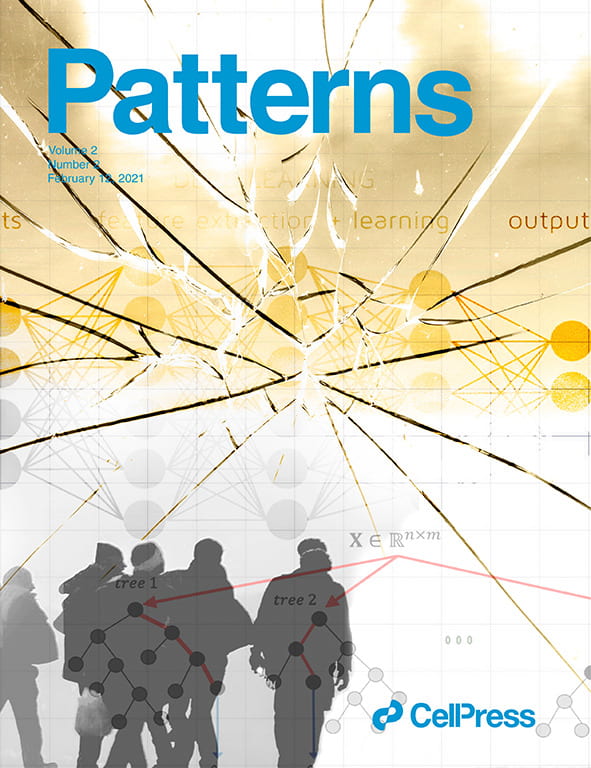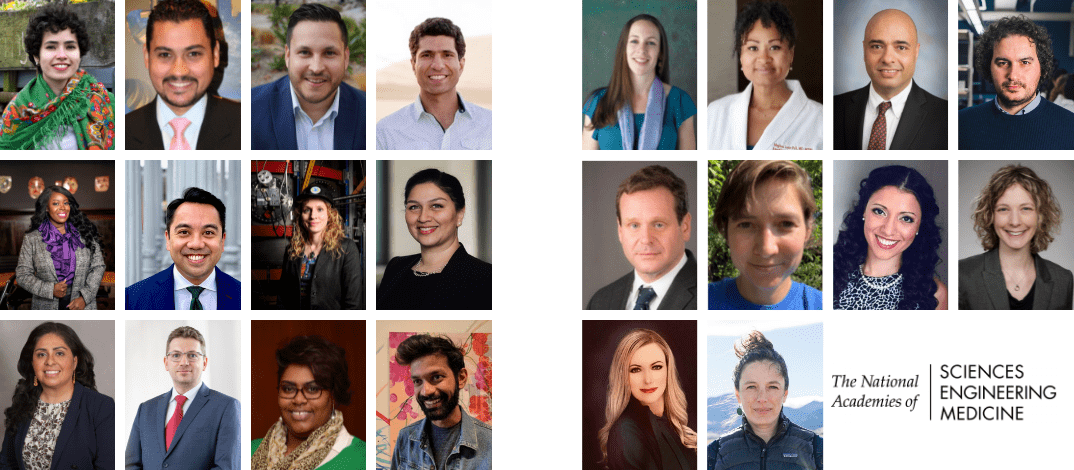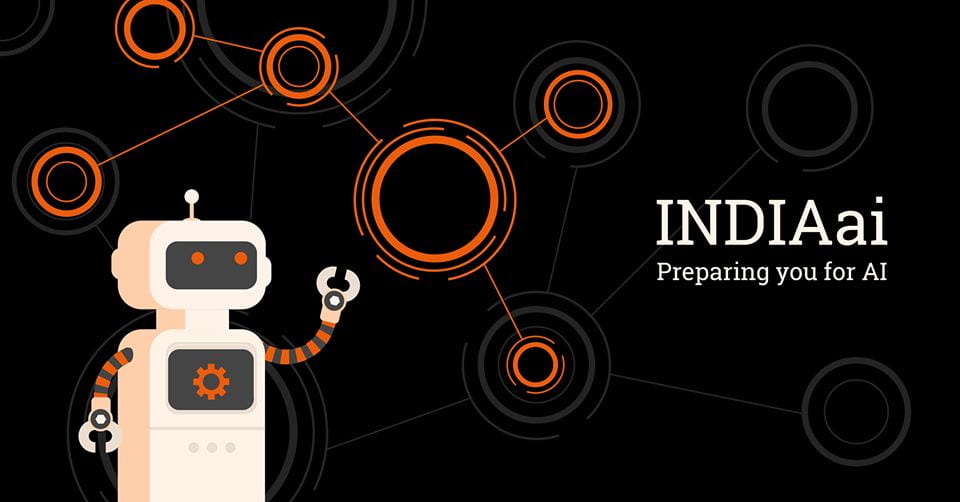
Our Research Areas.
We apply data science and field experiments to public policy analysis in areas intersecting science, technology and innovation.
Machine Learning & Electric Vehicle Mobility

Using AI/machine learning to discover behavioral failures in sustainable transportation infrastructure. The EV charging market is expected to grow to $27 billion USD by 2027.
Dynamic Pricing & Behavioral Experiments

Price versus nonprice incentives? Investigating the use of mobile apps and big data to understand the effects of pricing and information-based nudges for resource consumption at the point-of-use.
Smart Cities & Housing Analytics

Using of open data platforms to solve data silo challenges in collaboration with City governments.
Sustainable Plastics
Consumption

Ocean plastics are on the rise. How can we use behavioral insights to reduce micro-plastics from residential waste streams.
Featured publication: Machine Learning in Electric Vehicle Mobility – lead article in Nature Sustainability
Public confidence in the reliability of electric vehicle (EV) charging infrastructure is a barrier to adoption. With large-scale social data and machine learning, this study provides evidence on how well existing charging infrastructure is serving the needs of EV drivers across the United States.
As featured on the cover of Nature Sustainability.
Recent lab publications.
A selection of recent peer-reviewed journal and conference publications.
Data Science & Policy Lab.
Principal Investigator.

Dr. Omar Isaac Asensio
Associate Professor (with tenure)
School of Public Policy
Institute for Data Engineering & Science
Georgia Institute of Technology
National Academy of Sciences, New Voices 2021 cohort
Associate Editor, Data and Policy Journal (Cambridge University Press) 2021- Present
Faculty Awards and Distinctions:
National Science Foundation CAREER Award
ARCS Emerging Scholar Award, Alliance for Research on Corporate Sustainability
APPAM 40-for-40 Fellowship, Association for Public Policy
Analysis & Management (APPAM)
ONE-NBS Research Impact on Practice Award, Academy of Management, Organizations and the Natural Environment (ONE) Division
2021 Gold Star Faculty Research Award, Ivan Allen College
2023 Faculty Excellence in Research Award, Ivan Allen College
Office voicemail: (404) 385-5703
Note: for the 2023-2024 Academic Year, Professor Asensio is on leave at Harvard Business School (HBS) as a BiGS Climate Fellow.
Read more here: https://www.hbs.edu/news/releases/Pages/bigs-2023-fellows.aspx
Frequently asked.
Do you collaborate with industry partners?
Yes, in addition to city and government partners, we regularly engage on research with industry partners, both large and small. We also have deep expertise with proprietary industry data. For more information about our industry affiliates program, visit ideas.gatech.edu and please get in touch.
What types of research projects do you specialize in?
We’re a team of researchers committed to using data science and randomized experiments to study a variety of issues in business and government. We specialize in 2 types of policy-relevant studies—the first are causal inference problems where there is a compelling need for behavioral insights and evidence-based impact evaluation. The second are prediction policy problems where machine intelligence and big data can be used to accelerate social discovery.
Our areas of interest include energy, environmental policy and transportation; as well as science, technology and innovation policy. We have more than $1M in sponsored research activity supporting students.
Are you available for press quotes or media interviews?
Thank you. We’re happy to speak to reporters covering stories on topics related to our research in energy, transportation and other smart cities topics. We generally do not give quotes for stories not directly relevant to our research areas. For the latest lab news and updates, please follow us on LinkedIn (https://www.linkedin.com/company/datasciencepolicygt) Twitter and Instagram profiles at @DSPlab_GT ; thanks for visiting.
DSP Lab news + press.
Professor Omar Asensio named to the New Voices cohort at the National Academies of Sciences, Engineering and Medicine (NASEM)
The New Voices in Science, Engineering and Medicine Program announces its 2021-2023 cohort of 22 early career leaders (within 10-12 years from their Ph.D.) from academia, industry, government, and non-profit organizations. The new…
Patterns research featured in Government of India AI portal
https://indiaai.gov.in/research-reports/topic-classification-of-electric-vehicle-consumer-experiences-with-transformer-based-deep-learning News Key Takeaways The transport sector is by far the biggest contributor towards greenhouse gas emissions which is pushing governments across the globe to adopt electric vehicles as a solutionHowever, adoption has…
Continue Reading Patterns research featured in Government of India AI portal
DSP Lab 2020 Internships
Data Science and Policy lab 2020 student internships
Behind the Paper feature: Nature Research blog
Using Artificial Intelligence to Drive Electric Vehicle Policy Findings. When it comes to getting people to buy electric cars, a lot of the issues are not really about pricing or economics. Perceptions about…
Continue Reading Behind the Paper feature: Nature Research blog
Professor Omar Asensio receives NSF CAREER Award
Professor Asensio received a 2020 National Science Foundation (NSF) CAREER Award for his project titled: “Behavioral Analytics and Field Experiments in Sustainable Innovation Policies.” For additional details, see the Georgia Tech press release.…
Continue Reading Professor Omar Asensio receives NSF CAREER Award
Our Location: CODA Building, 12th Floor South
We are located in the Coda Building, Georgia Tech’s midtown Atlanta data science headquarters in Technology Square. We are in the IDEaS research neighborhood on the 12th Floor South.
Contact Info
Georgia Institute of Technology
756 West Peachtree Street NW, S1213
Atlanta, GA 30308, USA
Hours: M-F 8:00am – 6:00pm
Building security is available 24/7
CODA security desk: (404) 920-2500
Computing Resources
PACE Computing Cluster + Data Center
We use research compute nodes on the PACE high performance computing (HPC) cluster. For more information about PACE, visit pace.gatech.edu. CODA also features a 10MW data center for secure storage of both public data and proprietary industry data.
Microsoft Azure for Research
We also have access to GPUs for deep learning on Microsoft Azure. For information about additional cloud computing resources on Azure through the South Big Data Hub, visit southbigdatahub.org
Note: Due to Covid-19, we are all working and computing remotely.

I’m a fan. How do I get a shirt? Please contact us: gt-ev-behavior-project@nulloutlook.com






